I am proud to announce an interview with Howard Bloom, space philosopher and writer, who kindly accepted to reply to some questions about his role of Mentor of the Space Renaissance Academy.
Humanity is not forced to choose among Earth and Space, yet

An article published by Lori Garver in 2019 proposed to “forget new crewed missions in space” and “NASA to focus on saving Earth.”
I thought such an extreme position was worth to be discussed, and strongly refuted.
No Lori. I strongly disagree with you.
I am not a US citizen, but NASA is a Planet Earth’s primary space agency, therefore i am speaking as a Planet Earth’s citizen.
I am not against taking care of planetary issues, that basically would mean to follow the UN 2030 17 SDGs. All initiatives that NASA and other major space agencies could undertake, to mitigate global issues, such as climate extreme phenomena, pollution, plastic in the sea, fighting against pandemics, are more than welcome, and should be pursued.
I am 100% in favor of active initiatives (opposite to passive de-growthist “solutions”), e.g. to build dams to protect coastal towns, and eventually use the water surplus (coming from ice melting) to claim deserts. Proper space technologies can be used to support such kind of active initiatives.
But we must be aware that none of the planetary global issues can be solved, none of the 17 SDGs can be achieved, without adding the 18th SDG: to kick-off civilian space development.
The Space Renaissance Academy Mentorship Programme
Space Renaissance Academy announced its worldwide Mentorship Programme.
The Space Renaissance Academy kicked-off a very ambitious initiative: to build the greatest planetary mentorship programme.
The programme is made by two main parts:
- Students have the possibility to choose their favorite themes for graduation theses or Ph.D works.
- Mentors have the possibility to choose their favorite disciplines, on which they like to provide mentorship to students.
The SR Academy will take care of creating the link among students and mentors, for the different themes / disciplines.
We will also contact Universities, in order to coordinate this beautiful effort.
Why did Space Renaissance engage in this adventure?
In this page, the meaning, the contents and the goals of the programme are explained in more details.
The Great Objection and its Confutation
Before going to space, should we solve the problems here, on Earth?
The need for growth
The management of scarce resources is possible only by despotic regimes
The only way is space industrialization
Webinar on space awareness, hosted by Space Renaissance India
More than 50 participants attended to a webinar on the theme of space awareness, held Sunday June 21st 2020, by the Space Renaissance International Indian Chapter.
Bharathi Sharma and Sachika Bhatia made many sharp questions to Adriano Autino (SRI President) and Michael Clanton (SR Academy Chair), about the history and the goals of the Space Renaissance Initiative, lasting since 2008.
Civilian Space Protocol Promo
A beautiful video-clip, made by Kevin Mirick, to promote the Civilian Space Protocol.
#civilianspaceprotocol
Is the surface of a planet really the right place for an expanding technological civilization?
Is the surface of a planet really the right place for an expanding technological civilization?
by A. V. Autino
While recovering the materials of the old Technologies of the Frontier website (destroyed by hackers few years ago), I came across this document: an interview by Stewart Brand’s with Gerard O’Neill, made in July 1975. In fact, it is also online on the NASA’s website https://settlement.arc.nasa.gov/CoEvolutionBook/Table_Of_Contents.HTML, and is linked from the NSS website as well.
However, reading Gerard O’Neill’s history of the development of his great idea gave me a big emotion, and I thought worth to propose it for further reflection and possible engagement today, while we are crossing our fingers, waiting for the first humans going to orbit on a private launch vehicle, the Space X Dragon Crew.
The document is now online on the SRI website, and I thought worth to include it among the space renaissance philosophy basic documents.
Here are some excerpts. Continue reading →
SRI’S PROGRAM IS NOW URGENT, IN ORDER TO END THE POST-LOCKDOWN RECESSION
SRI’S PROGRAM IS NOW URGENT, IN ORDER TO END THE POST-LOCKDOWN RECESSION

Abstract
This article discusses the urgency to start developing reusable passenger-carrying space-vehicles. Growth is necessary for quality of life, and no more growth will be possible without free space travel. Creation of new business activities is necessary, and lack of new industries is a permanent condition in advanced societies. The article also confutes the theory that economic growth is dangerous, and should be reverted, and discusses what new industries are candidates for creating tens of millions of new jobs, without destroying jobs in existing industries. The 7th major transportation technology — space travel, based on rocket propulsion – is compared to the previous 6 ones: horse-carriages, sailing-ships, trains, propeller-driven ships, cars, trucks and buses, aircrafts. Collins brings powerful arguments to sustain the rapid development of a range of reusable passenger-carrying space-vehicles, followed by orbiting and lunar commercial and industrial infrastructures. Collins also explains why the SRI’s viewpoint has now become urgent due to the “Lockdown Recession”, arguing that even before the recent “lockdown” policies, economic growth was weak in the rich Countries. And, nowadays, the 7th transportation industry should be very attractive to governments. Collins ends by a strong confutation of the two major objections to civilian space development: 1) developing a luxury service like space travel was unnecessary and wasteful 2) de-industrialization was necessary to reduce humans’ environmental impact; and the clear indication that the development of space travel services should receive at least 1/1,000 of the budget that “green” policies receive, or about 1% of what space agencies receive for their activities. A severe judgment is then pronounced on those who advocate ending economic growth due to the “dwindling resources” of Earth: they are like a small child who still believes that the house where they live is the whole world. Continue reading →
THE LUNAR EXPLOITATION INDUSTRY COULD TAKE OFF WITH SOME MORE GOVERNMENT SUPPORT
THE LUNAR EXPLOITATION INDUSTRY COULD TAKE OFF WITH SOME MORE GOVERNMENT SUPPORT
by Giulio Prisco
In my last SpaceNews Op-Ed I argued that we should build a sustainable presence on the Moon before moving on to Mars and beyond.
I stated that promising business cases for returning to and start exploiting the Moon, with reasonable funding and reasonable expectations of return, are beginning to appear. Some readers criticized me for stating this without supporting evidence (I just linked to Paul Spudis’ 2016 book). They also noted that, were this the case, space companies should be rushing to the Moon with their own money, without government support.
There is, however, a big difference between the “promising business cases are beginning to appear” and “solid business cases exist” phases. In the first phase, a few venture capitalists start investing, but most large investors stay behind to see what happens. The exploitation of lunar resources is still in the first phase, and I think public funding is still needed to bootstrap the industry.
Therefore, I think governments (and in particular the U.S. government) should continue to lead the way, in partnership with private industry, and encourage commercial partners to assume leadership when the time is right. Continue reading →
DREAMER OR DOER?
SRI Newsletter #0004 – April 27 2020
DREAMER OR DOER?
- Do you dream of walking on the Moon or Mars?
- Do you read everything you can on space and space tech?
- Do you recognize that you are different from most people?
- Do you enjoy learning about math and how the world works?
- Do you have fun reading when others want to chat on their apps?
If so, please keep on reading: I have something special for you!


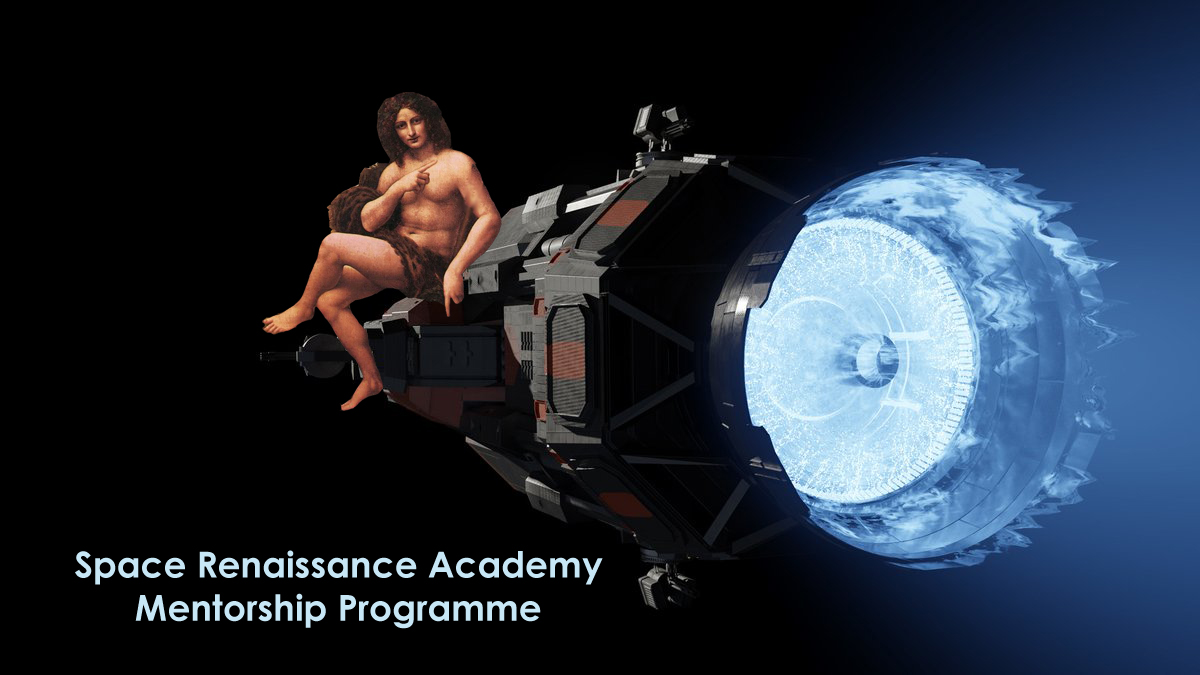


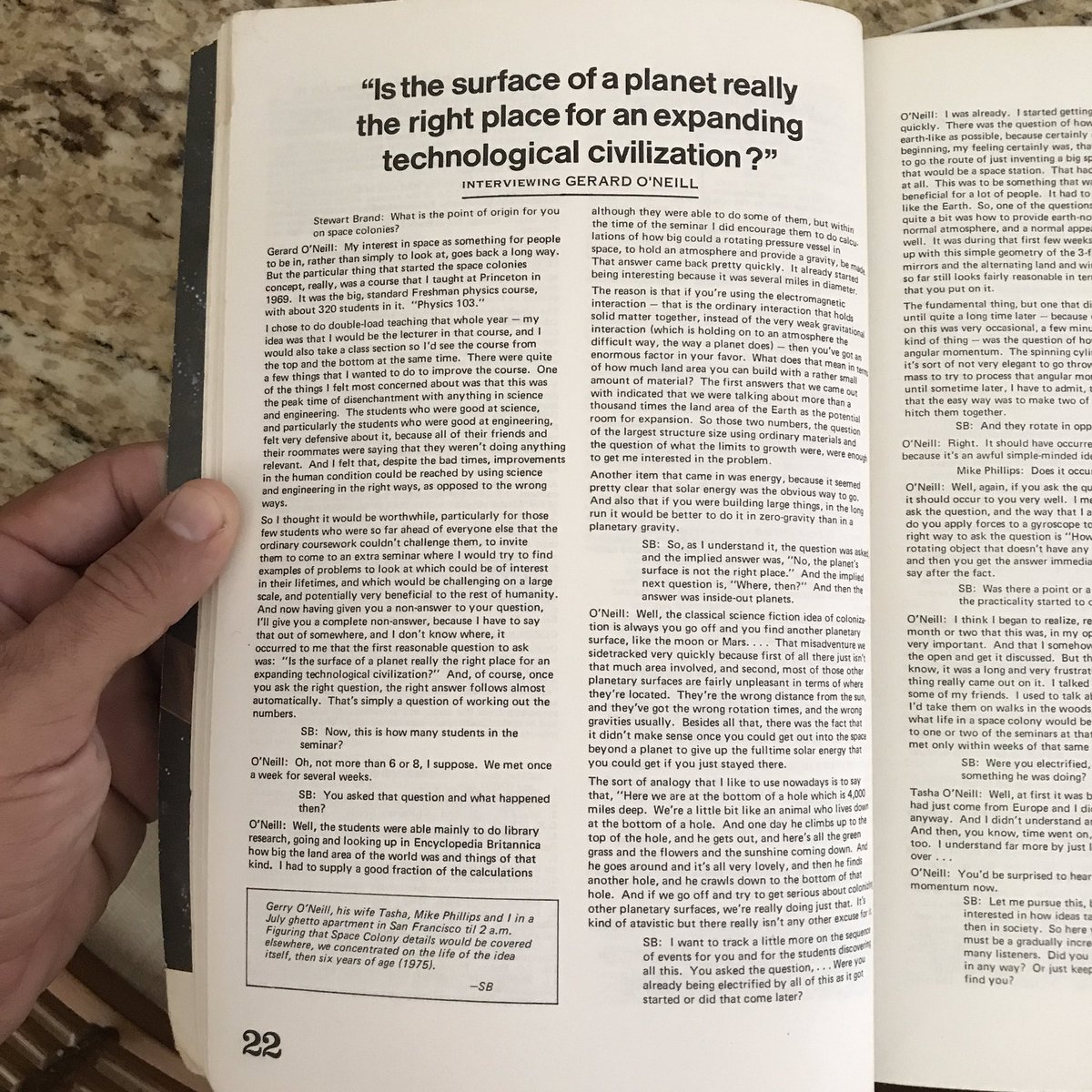
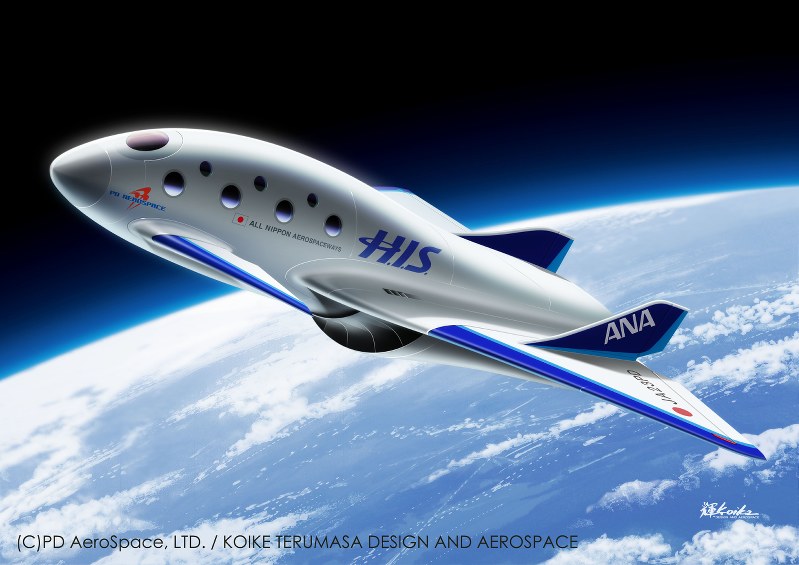

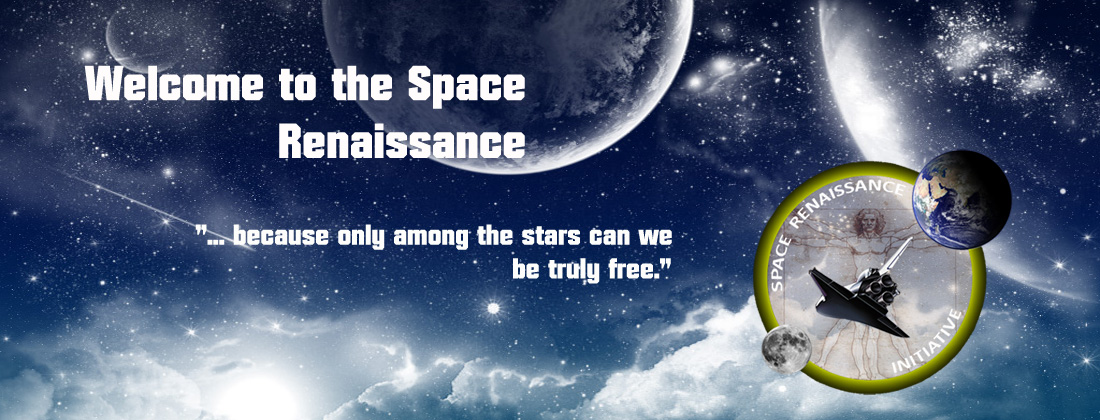


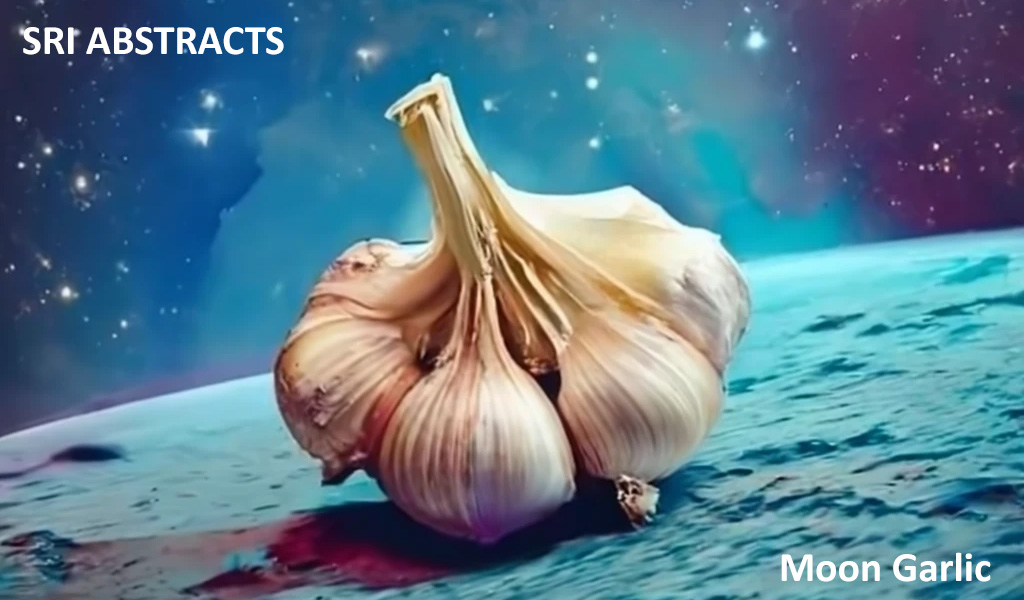





 Space Renaissance France (French Chapter of SRI)
Space Renaissance France (French Chapter of SRI)  Space Renaissance USA, Inc. (USA Chapter of SRI)
Space Renaissance USA, Inc. (USA Chapter of SRI) Space Renaissance (Italian Chapter of SRI)
Space Renaissance (Italian Chapter of SRI) Space Renaissance Academy
Space Renaissance Academy Space Renaissance Initiative Group
Space Renaissance Initiative Group